
Designing a Sustainable Solution to Waste Management
The City of Durham is committed to investing in and engaging with historically excluded low-wealth and communities of color through the Equitable and Green Infrastructure Program (EGI). The City plans to deploy infrastructure solutions that address disparities and promote environmental justice, including $50 million worth of potential projects in 2021.... Read more
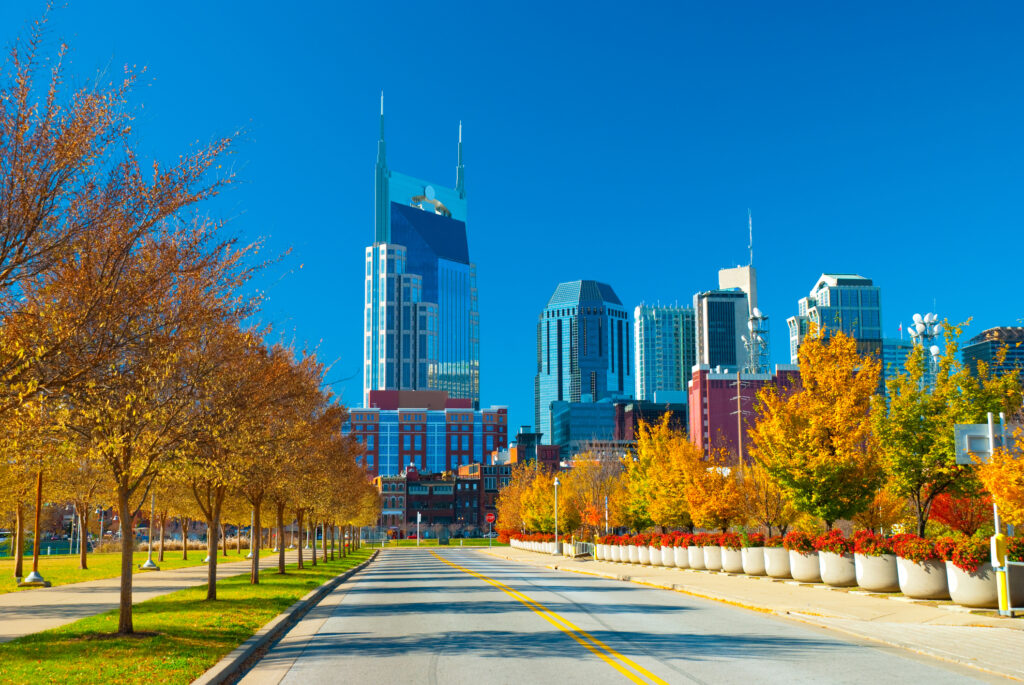
Building Resilience Across City Operations
In 2020, the City of Nashville and Davidson County (Metro) endured multiple disasters, including an EF3 tornado in early March, a derecho in May, and the Christmas Day bombing. All of this occurred during the Covid-19 pandemic, which had immediate negative effects on the Metro’s economy and public health. For... Read more

Energy, Equity, & Climate Agenda
In 2021, U.S. cities experienced twenty natural disasters that caused more than $1 billion in damage each. Man-made disasters (e.g., terrorism, power outages, cyber-attacks) also inflict severe damage. The City of Atlanta is working to mitigate climate change and build residents’ resilience through a variety of pathways, with an emphasis... Read more
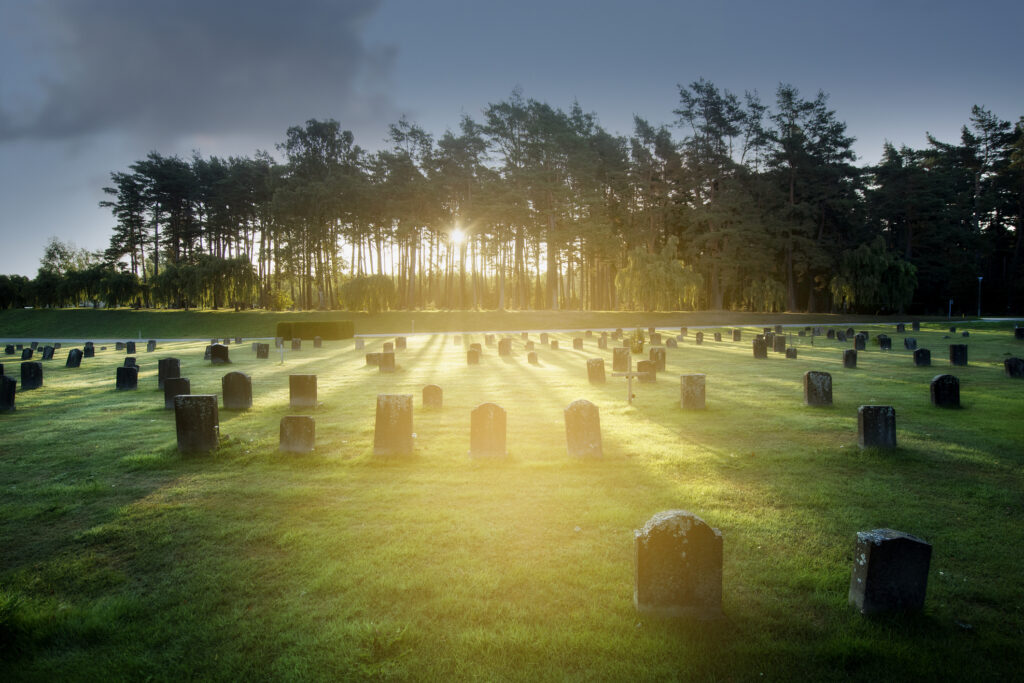
Sustainable Land Use In Cemeteries
Durham’s segregated past resulted in the creation of two public cemeteries: Maplewood (historically white with identified Confederate graves) and Beechwood (historically Black). Beechwood is running out of space; with limited availability for traditional burials. Given the history of segregation and the generations of families that are already buried in Beechwood,... Read more
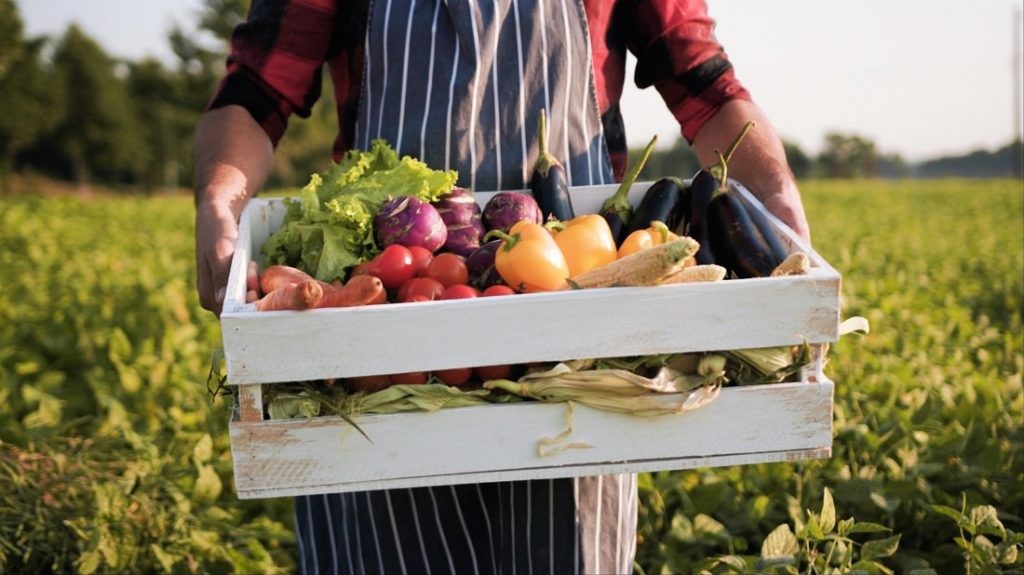
Catalyzing Innovative Programs and Policy to Restore Food Sovereignty to Birmingham’s Residents
From James Beard award-winning restaurants to the vast Pepper Place Market, where people from across central Alabama convene on weekends to shop for locally grown fruits and vegetables, Birmingham is among the small cities favorited by food lovers and culinary experts across the nation. Unfortunately, not everyone in the city... Read more

Community-Centered Approaches to Expanding Birmingham’s Broadband Infrastructure
In Alabama’s Black Belt the digital divide has compounded issues related to racial discrimination, high poverty, and limited access to healthcare services. Nine counties in the Black Belt have less than 30% access to broadband, and even in Black Belt cities with established infrastructure, like Birmingham, many residents face cost... Read more
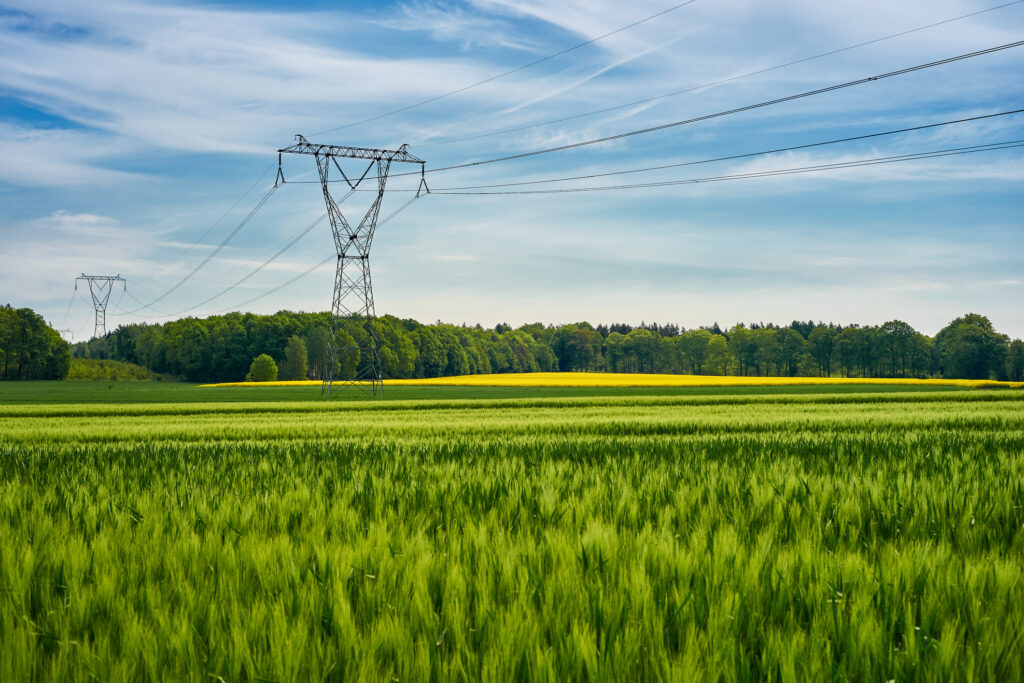
Building Urban Resilience by Integrating Community-based Power Supplies
One area of urban resilience New Orleans is focused on improving is within the electric grid. The electric grid is central to the web of interconnected systems that must operate resiliently to serve communities during times of extreme weather. From medical treatment to dry shelter, food, and clean water, nearly... Read more

Implementing Strategies to Mitigate Disaster and Build Long-Term Urban Resilience
In 2020, Nashville weathered the worst disasters in the city’s 238-year history. This included being hit by a category EF3 tornado in early March – the largest natural disaster in the city since the area’s 2010 flood. Then the outbreak of the COVID-19 pandemic, which briefly debilitated the city’s tourism... Read more

Strengthening and Expanding Out-of-School Learning Opportunities for Nashville’s Youth
Over the past year, the Covid-19 pandemic has interrupted the daily lives of millions of Americans, and schools and students have felt these interruptions acutely. As schools return to normalcy, students, parents, and educators must now focus on the paramount challenge of learning loss, and strategies like afterschool, summer enrichment,... Read more
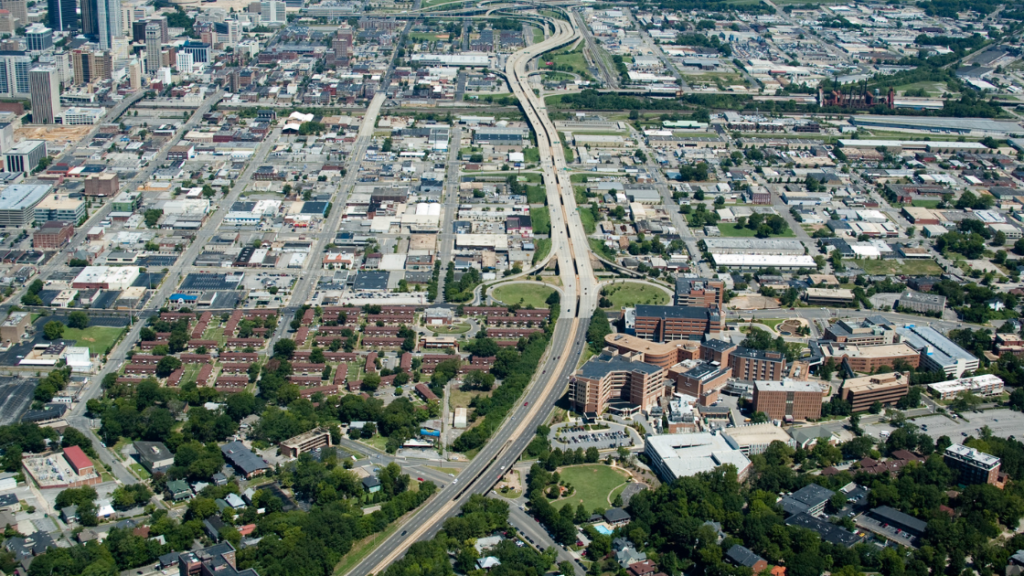
Diversifying Birmingham’s Housing Stock to Accelerate Neighborhood Revitalization
The affordable housing crisis faced by many in America has come to a head with the Covid-19 pandemic. Eviction and foreclosure rates continue to rise as moratoriums expire, and an estimated 30 to 40 million people in the US are at risk of losing their housing in the next several... Read more
